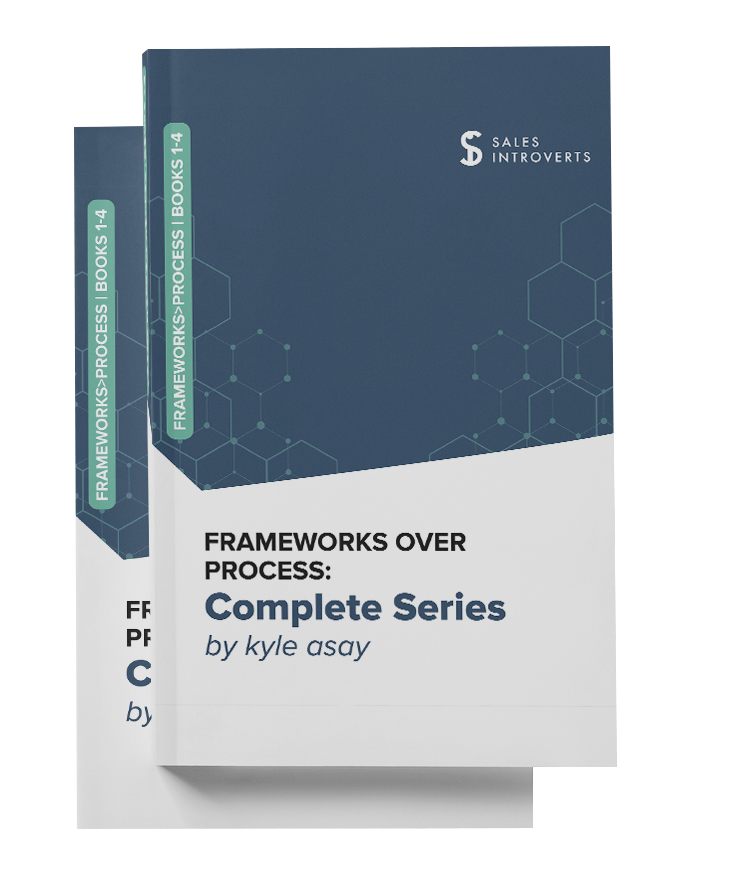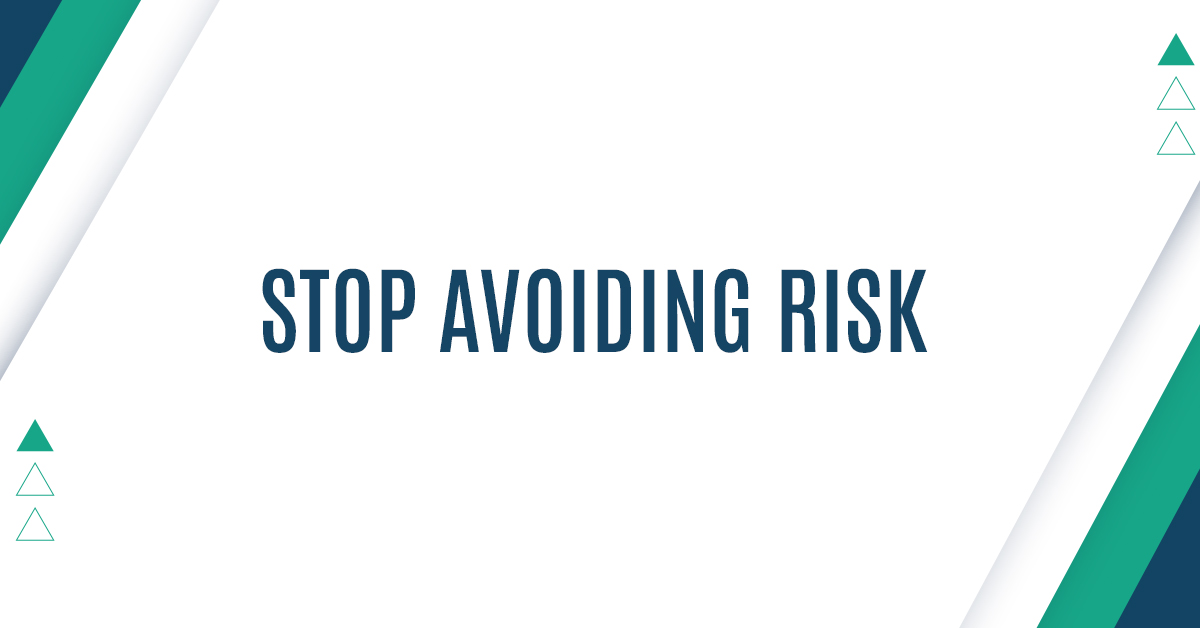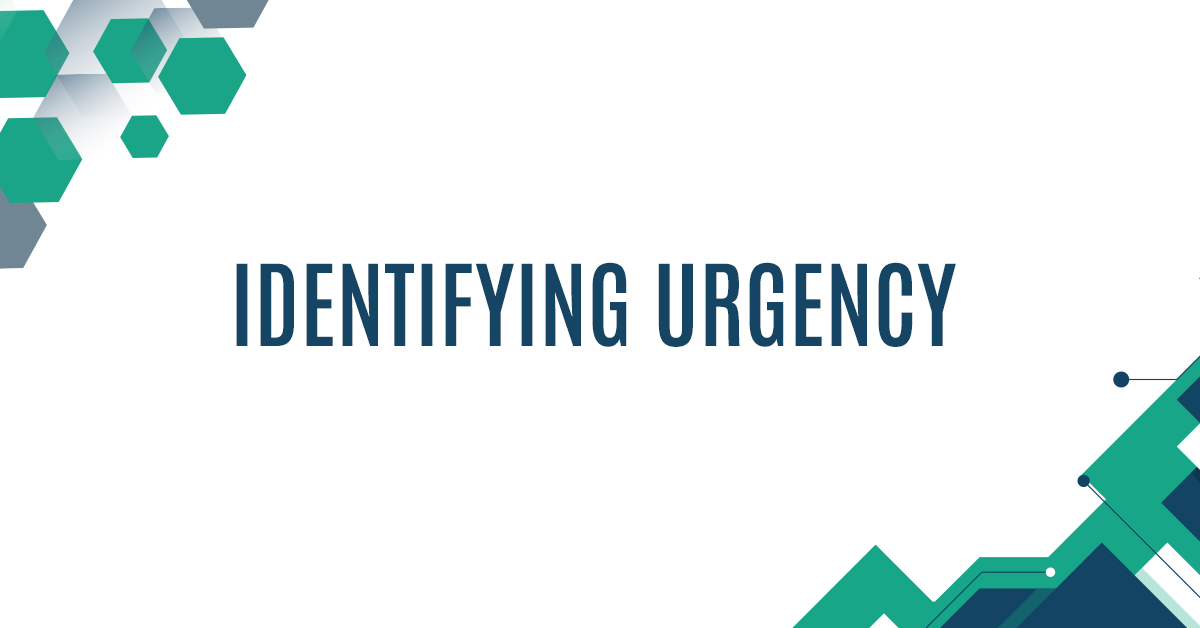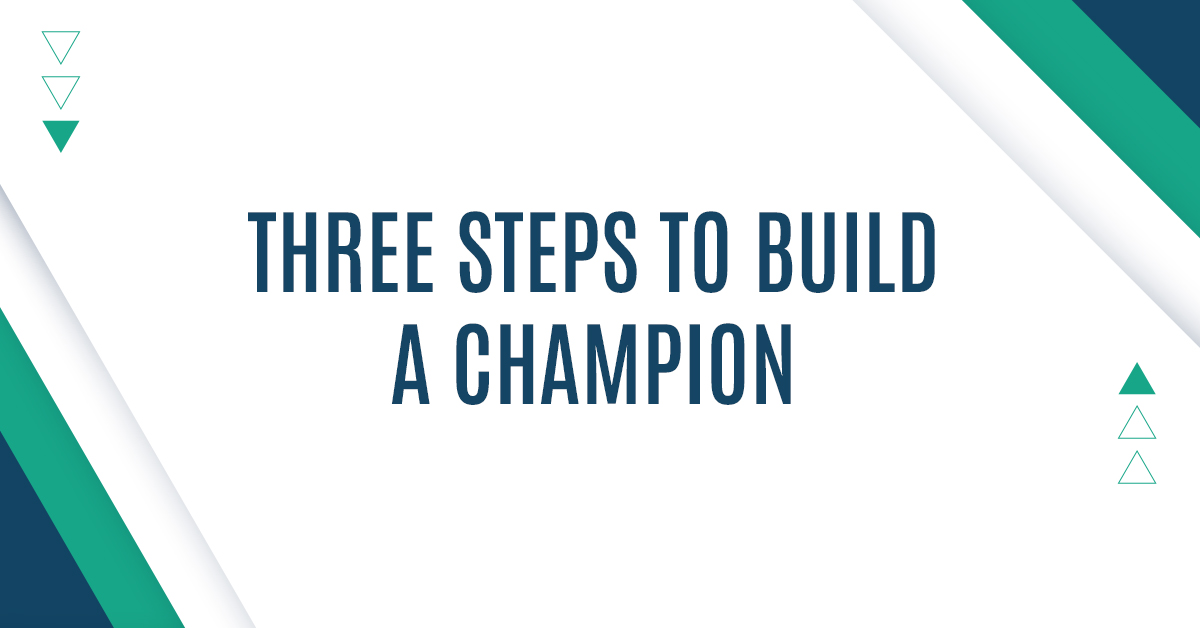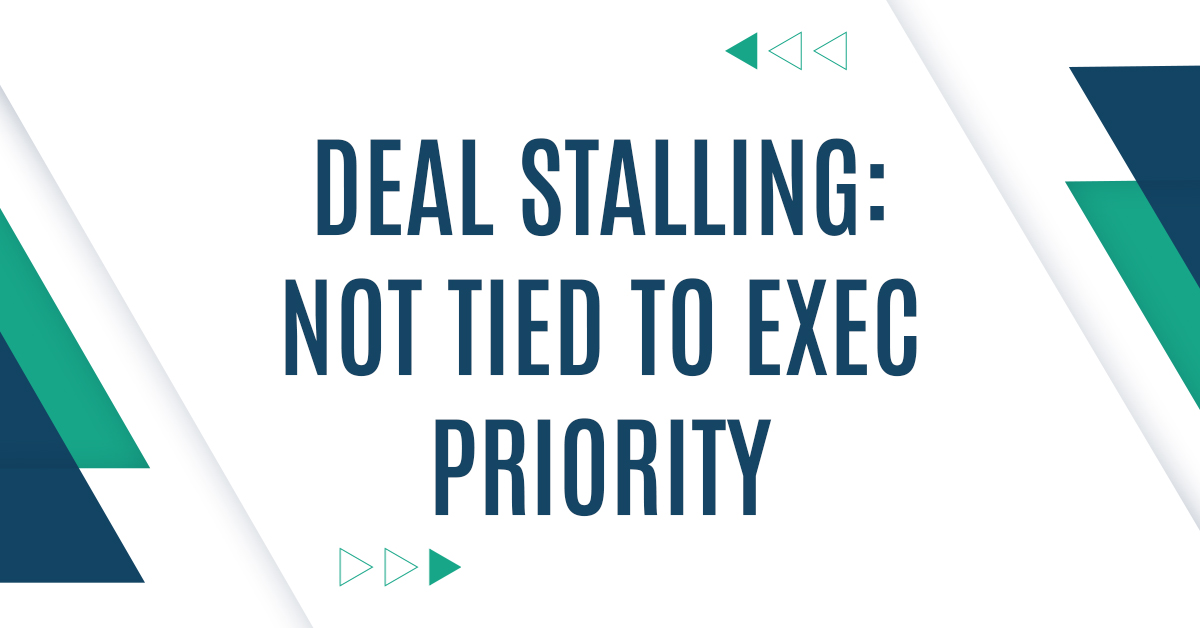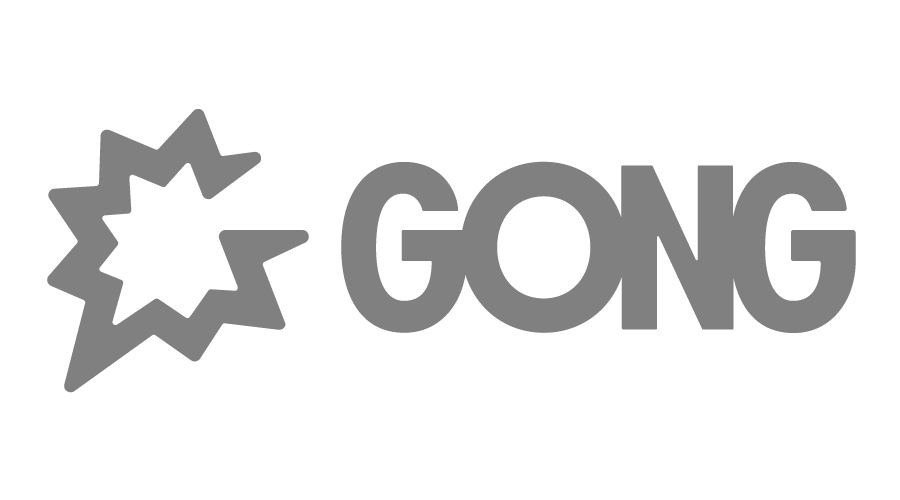This week we are examining how I screwed up a winnable deal so you can learn from my pain and avoid the same mistakes.
Mistake One: Failed to course-correct after significant misunderstanding
Our primary contact told us they would require a “full-service” approach as they had limited resources to build their desired program. After providing the proposal, they told us to revise to self-service as “they had misunderstood internal capacity.”
What we did: Revised the proposal to reflect self-service.
What we should have done: “We are happy to revise the proposal. Since we were off base on this requirement, we are likely on others. Let’s find a half-hour with the full team to reconfirm requirements, so our next proposal is spot on.”
The lesson: One misunderstanding is evidence of many. When the scope of your deal shifts, immediately work to reconfirm all requirements. We didn’t and failed to unearth several other misunderstandings that cost us the bid.
Mistake Two: Not clarifying why timing changed
The goal launch date of the program changed four times in the course of the evaluation.
What we did: Agreed to new timelines and met the recommended cadence from our contact.
What we should have done: As soon as the timing changed, we should have pushed to understand why, rather than simply adapting.
The lesson: The timing of an initiative is the tip of the iceberg for business priorities. When timing shifts, many related but potentially unknown variables also change. If you don’t dig past the surface level change, you’ll miss the variables that sink your deal.
Mistake Three: Allowing one point of contact to control the entire process
Our primary contact coordinated every call, choosing which stakeholders to include. 80%+ of our meetings were only with them. Towards the end of the deal, we realized they were not successfully understanding and sharing requirements from the broader team. This led to our proposed solution missing the mark.
What we did: Asked at the very end of the deal to stop playing “telephone” and include the other key evaluators on calls. I believe this offended our contact and further cemented our loss.
What we should have done: When our primary contact initially took control of the evaluation process, we needed to explain the importance of engaging the larger group. This would help us better understand their requirements and would help them better understand our solution. Had we done this earlier in the deal, it likely would not have offended our contact.
The lesson: Your primary contact is not your champion if they insist all communication goes through them. Prioritize widening the conversation early.
That’s it for this week!


